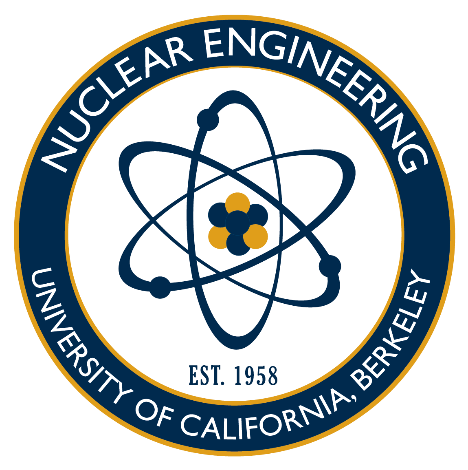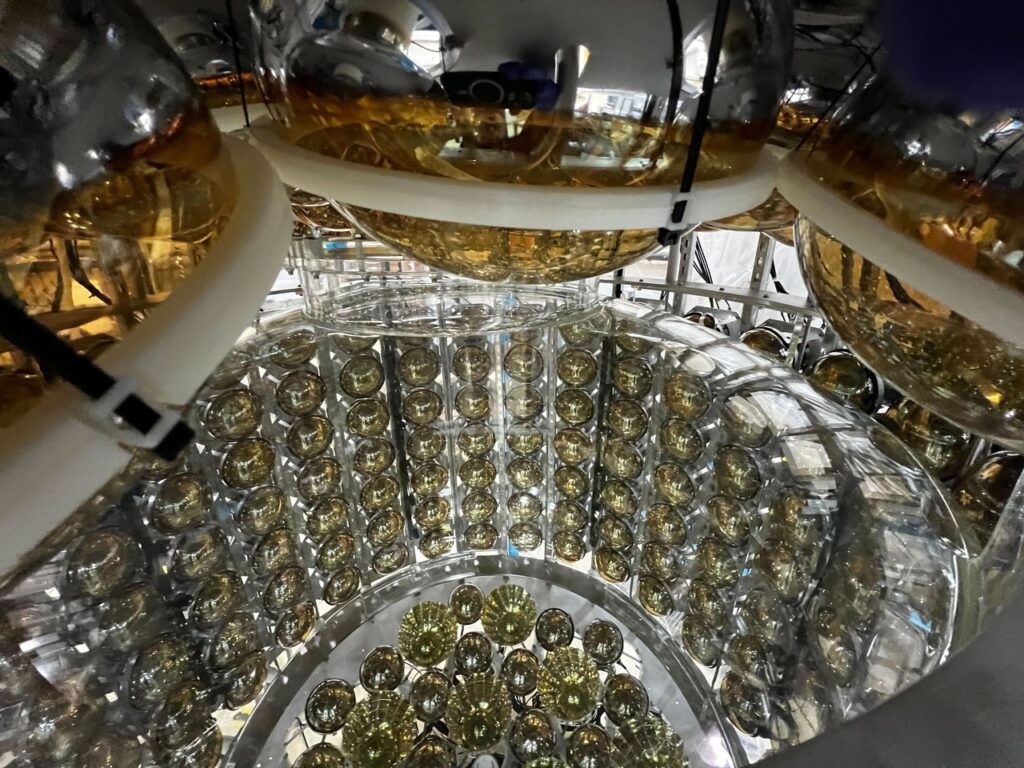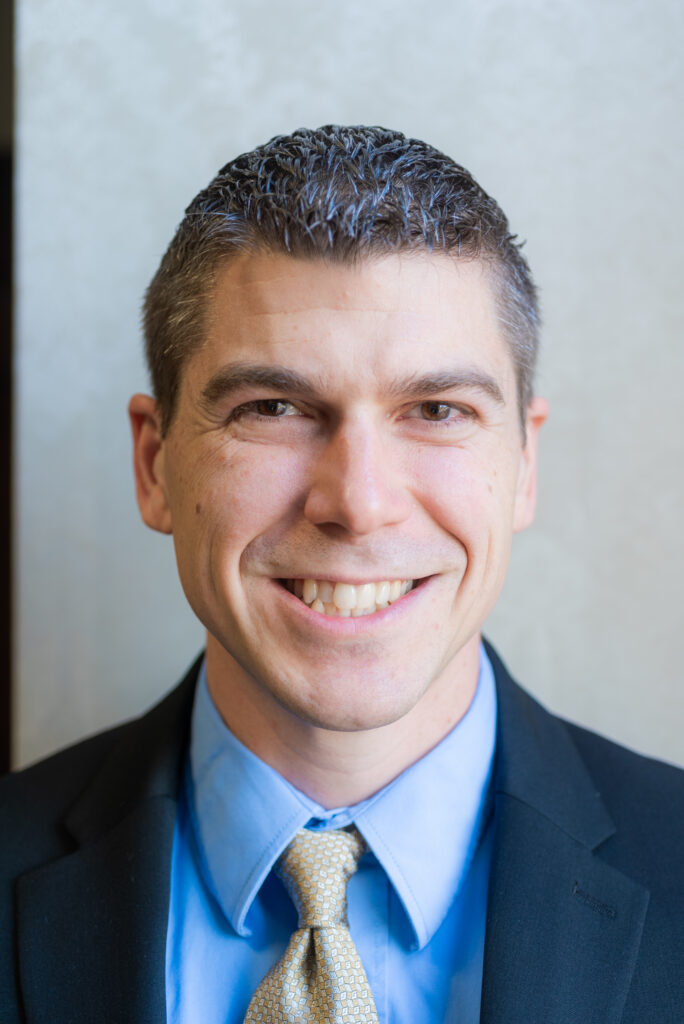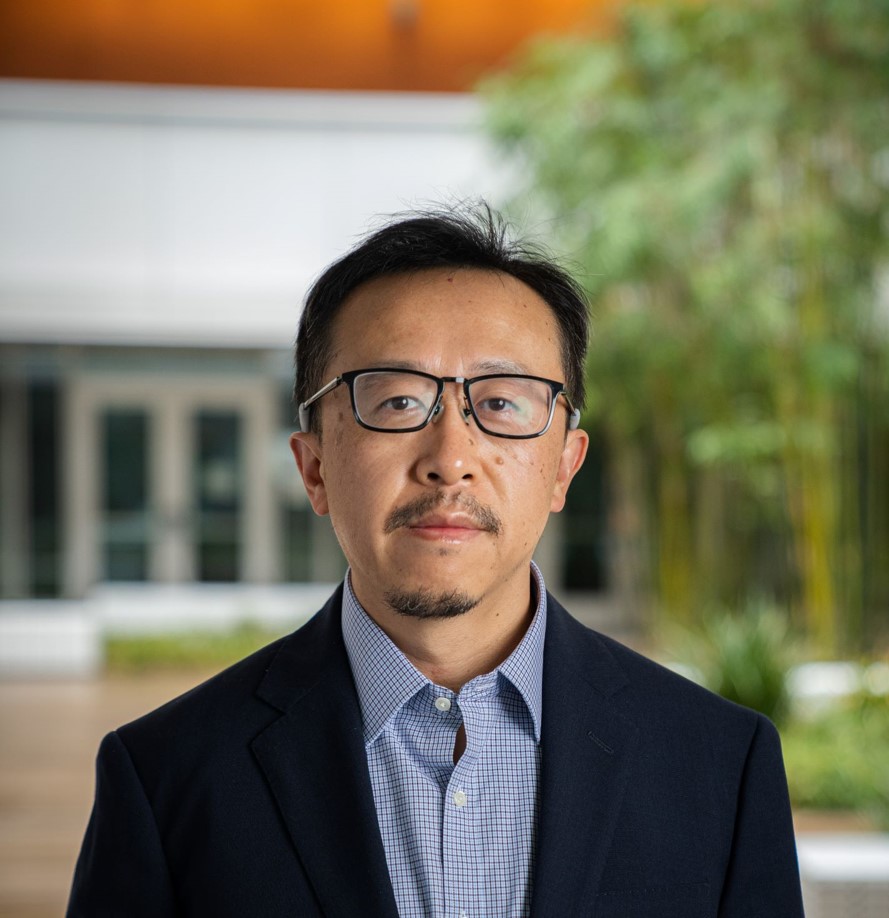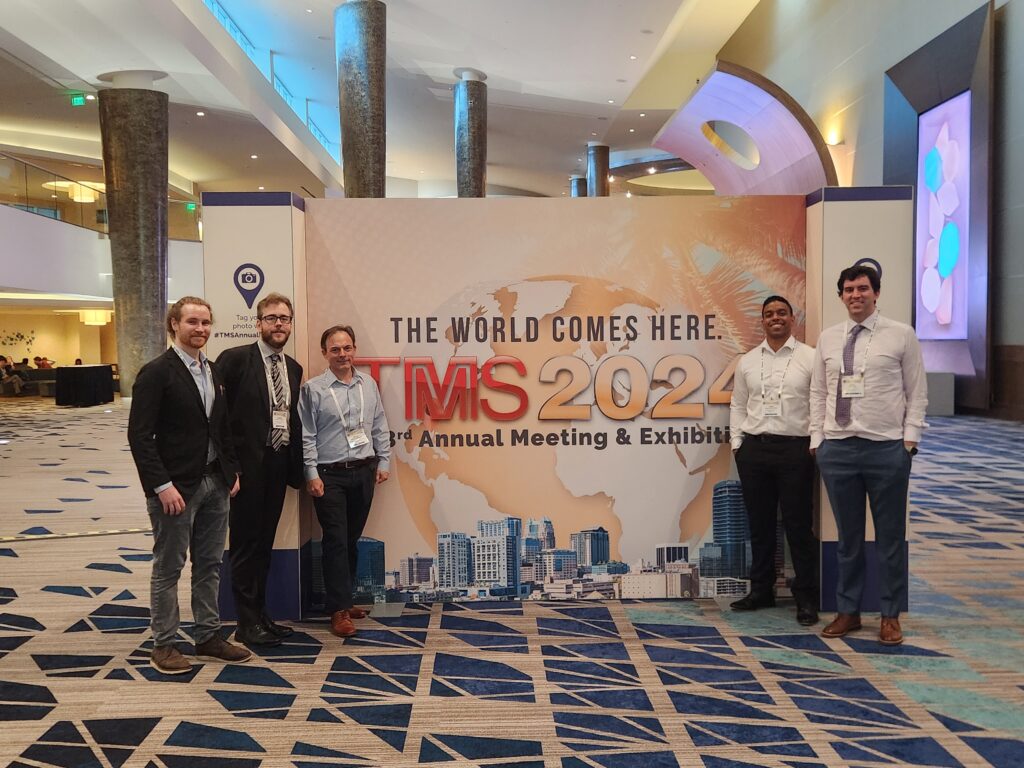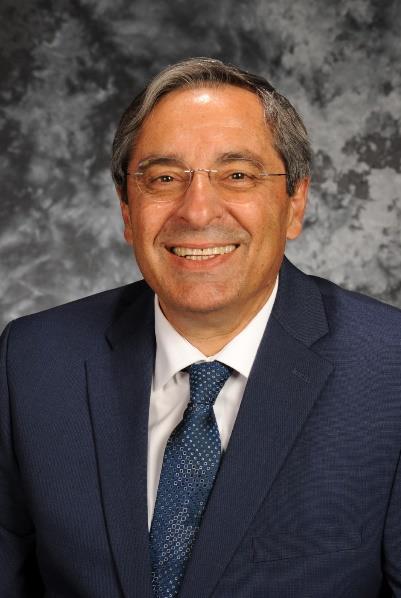Archive for March 2024
UC Berkeley Awarded DOE Grant for Radioactive Waste Management
In partnership with Florida International University, UC Berkeley has been awarded a grant totaling $3,599,445 to provide for a center of excellence for research and training in radioactive waste management. This grant comes as part of the DOE’s Minority Serving Institutions Partnership Program (MSIPP). A total of seven minority serving institutions are to be awarded…
Read MoreEos Neutrino Detector Tests Begin
Photo Credit to Thor Swift/Berkeley Lab. Photomultiplier tubes, used to detect faint sources of light, mounted inside the steel tank of the Eos detector. Tests have now begun on Eos, a new type of neutrino detector at UC Berkeley, for nonproliferation and physics research. The effort is led by physics faculty Gabriel Orebi Gann and…
Read MoreeVinci Technology and the Potential of Microreactors
SPEAKER: Zach McDaniel Director, Partnerships and Grants DATE/TIME: MON, 03/18/2024 – 3:00PM TO 4:00PM LOCATION: 3106 ETCHEVERRY HALL Abstract: Westinghouse is developing the eVinci™ microreactor to revolutionize how cost-competitive, carbon-free energy is delivered. The eVinci microreactor is a 15MW thermal heat pipe reactor capable of generating 5MW of electricity and is designed to run for…
Read MoreRebecca Abergel Awarded 2024 Bakar Prize
Professor Rebecca Abergel has been named one of five UC Berkeley faculty members awarded the 2024 Bakar Prize. The Bakar Prize is designed to give a boost to campus innovators as they translate their discoveries into real-world solutions. The prize is given annually to former Bakar Fellows and provides additional resources to ensure a successful transition…
Read MoreChasing the Light: What More We Can Learn from the X-ray and Tissue Interactions
SPEAKER: Dr. Ke Sheng Professor and Vice Chair of Medical Physics Department of Radiation Oncology DATE/TIME: MON, 03/11/2024 – 3:00PM TO 4:00PM LOCATION: 3106 ETCHEVERRY HALL Abstract: Traditional medical physics research focuses on the energy deposition of MV X-rays for radiotherapy and attenuation for kV X-ray imaging. Nevertheless, the secondary particles of X-ray tissue interaction…
Read MoreUCBNE at TMS 2024 Conference
The UC Berkeley Nuclear Engineering team had a strong showing at the annual Minerals, Metals, and Materials Society (TMS) conference. Chris Reis, Ryan Hayes, Malachi Nelson, Darrin Parkinson, Kavin Ram, and Professor Peter Hosemann presented several talks and posters at the 2024 meeting in Orlando, Florida.
Read MoreAdvanced Reactors Overview at the Idaho National Laboratory
SPEAKER: Youssef A. Ballout Division Director, Reactor Systems Design & Analysis DATE/TIME: MON, 03/04/2024 – 3:00PM TO 4:00PM LOCATION: 3106 ETCHEVERRY HALL Abstract: Dr. Youssef Ballout will discuss the historical evolution of reactor technology at the Idaho National Laboratory (INL). Dr. Ballout will also discuss the three microreactors under construction at INL. These microreactors are…
Read More